-
 LUNO CRYPTO CURRENCY RE-ENTERS KENYAN MARKET AFTER A DECADE AWAY
LUNO CRYPTO CURRENCY RE-ENTERS KENYAN MARKET AFTER A DECADE AWAY
-
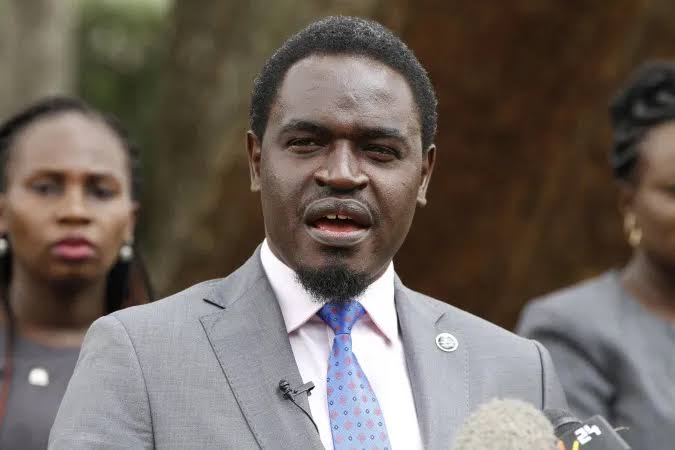 HAVI CHALLENGES DIG LAGAT’S “STEPPING ASIDE”
HAVI CHALLENGES DIG LAGAT’S “STEPPING ASIDE”
-
 SAKAJA SUES ALINUR OVER GOONS ALLEGATION IN OJWANG PROTEST CHAOS
SAKAJA SUES ALINUR OVER GOONS ALLEGATION IN OJWANG PROTEST CHAOS
-
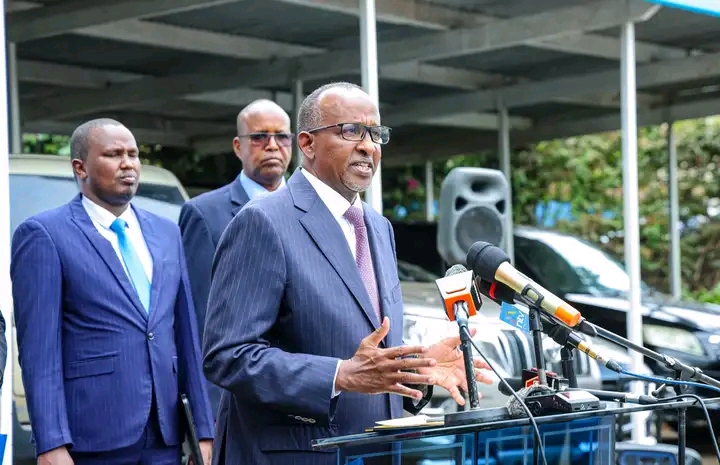 728 HEALTH FACILITIES SHUT AS GOVERNMENT CRACKS DOWN ON QUACKS
728 HEALTH FACILITIES SHUT AS GOVERNMENT CRACKS DOWN ON QUACKS
-
 SIFUNA MOCKS RUTO OVER REMARKS ON HANDING POWER
SIFUNA MOCKS RUTO OVER REMARKS ON HANDING POWER
-
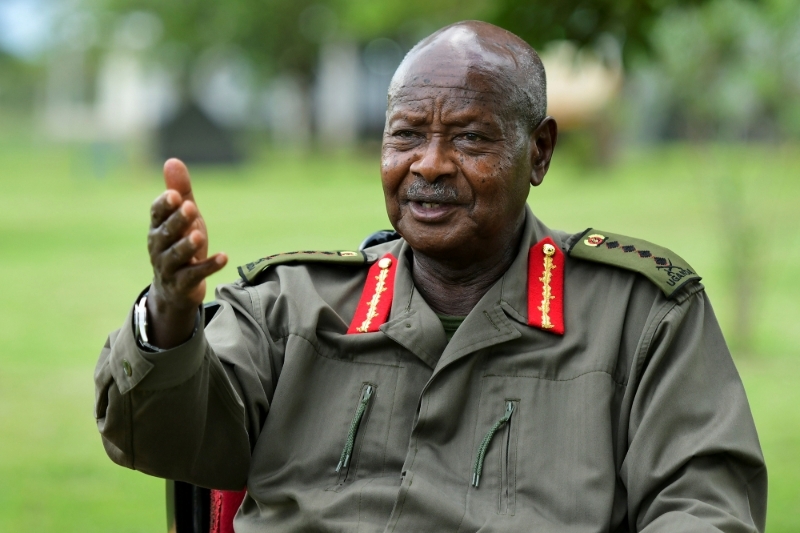 Museveni Signs Law Allowing Military Courts to Try Civilians, Despite Supreme Court Ruling
Museveni Signs Law Allowing Military Courts to Try Civilians, Despite Supreme Court Ruling
-
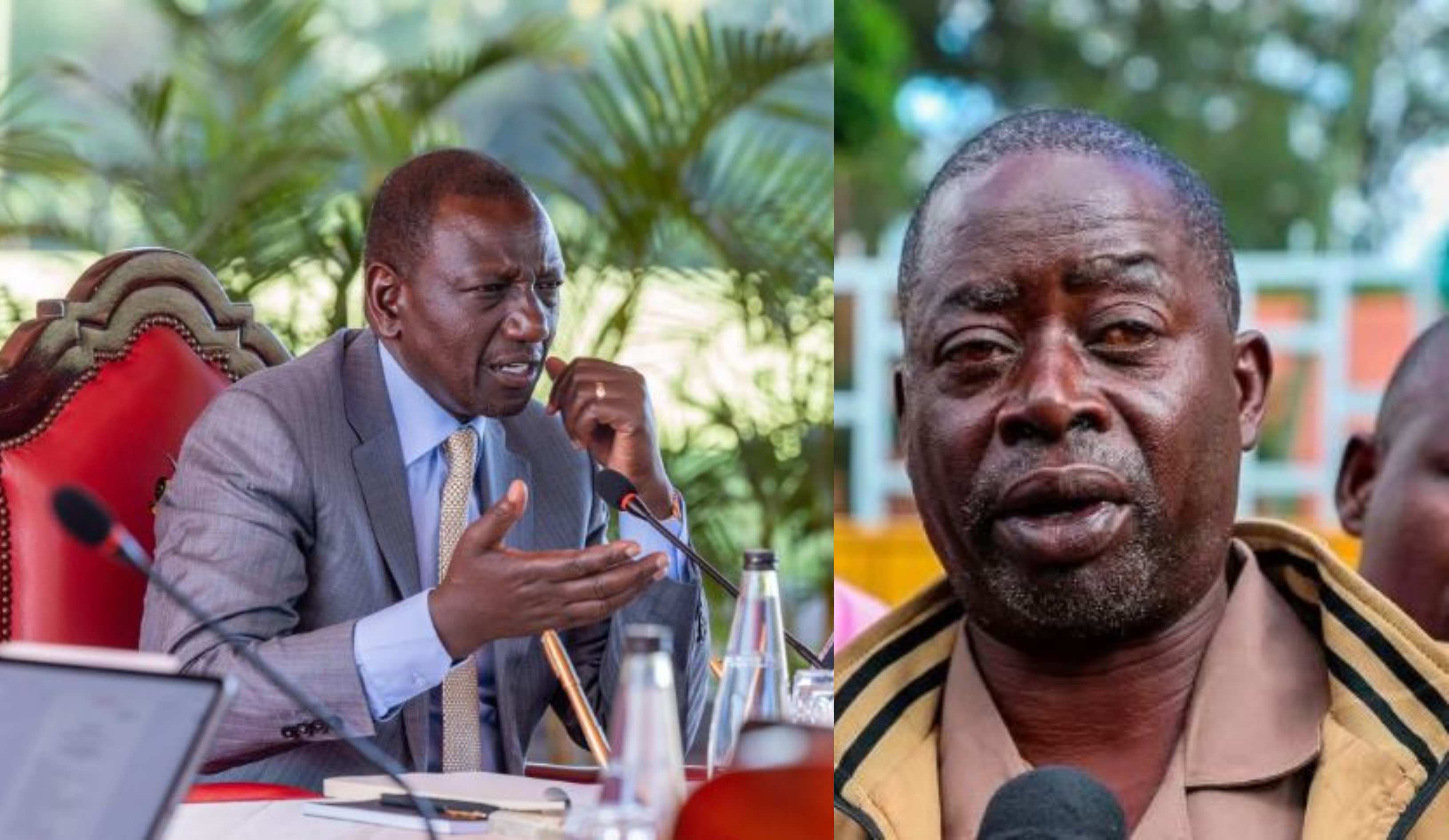 PRESIDENT WILLIAM RUTO DONATES SH2 MILLION TO ALBERT’S FAMILY
PRESIDENT WILLIAM RUTO DONATES SH2 MILLION TO ALBERT’S FAMILY
-
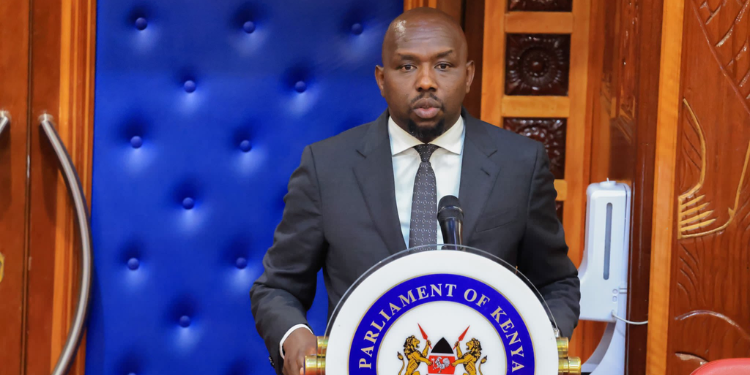 INTERIOR CS ORDERS INTALLATION OF CCTV CAMERAS IN ALL POLICE STATIONS
INTERIOR CS ORDERS INTALLATION OF CCTV CAMERAS IN ALL POLICE STATIONS
-
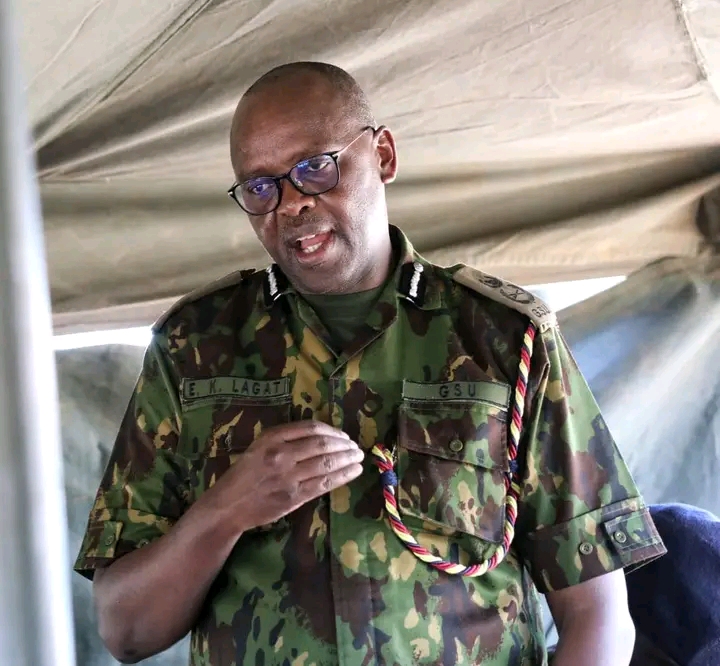 DIG ELIUD LAGAT RESIGNS
DIG ELIUD LAGAT RESIGNS
JUNE 16TH- The International Day of the African Child
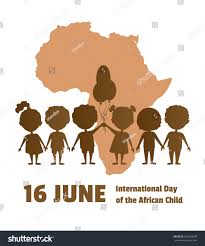
The International Day of the African Child, also known as the Day of the African Child, (DAC) has been celebrated every year and it was first instituted in 1991 by the Assembly of Heads of State and Government of the OAU in memory of the 16th June 1976 student uprising in Soweto, South Africa. At that time, students marched in a column more than half a mile long, protesting the poor-quality education they received and demanding to be taught in their languages. During the protest hundreds of school children were killed with Hector Pieterson a 12-year-old boy who was among the first to be shot, being one of the most famous victims. The Day of the African Child is celebrated to commemorate these children and the brave action they took to defend their rights.
The Day of the African Child also serves to celebrate children of Africa as well as inspire a sober reflection and action towards addressing the challenges that children in Africa face on a daily basis.
This year’s DAC will be commemorated under the theme “Planning and budgeting for children’s rights: progress since 2010”. The theme is aimed at assessing the level of progress achieved in mainstreaming children’s issues in planning and budgeting by Member States of the AU and further encourage States to assess and reform their mechanisms of budgeting and planning to adopt a child rights-based approach.
The Committee observes, based on its engagement with Member States, that budgets allocated for children have increased in many countries. However, children across the continent continue to face significant challenges, highlighting the need for increased and child-sensitive budgeting. Africa continues to experience high rates of child mortality, malnutrition, stunting, and wasting, all of which threaten children’s survival and development. While access to immunization has improved, many underserved areas still exist, leaving millions of children without adequate coverage.
Poverty remains a major underlying factor negatively impacting children, leading to rights violations such as child labour, family separation, and limited access to essential services like education and healthcare. Additionally, the continent is grappling with crises including famine, pandemics, armed conflict, natural disasters, and other emergencies that excessively affect children.
Harmful practices such as child marriage, female genital mutilation, and gender-based discrimination persist, often driven by poverty and deeply entrenched social norms. Moreover, children in vulnerable situations such as those with disabilities, those living on the streets, those separated from their families, and those from marginalized or remote areas face heightened risks of violence due to inadequate, targeted programming that addresses their specific needs.
The Committee also recognizes the importance of the Day of the African Child as an advocacy tool for enhancing the visibility of the Charter as well as promoting children’s rights and welfare in Africa. The Day of the African Child is one of the standing promotional activities of the Committee. During the celebration, The Committee promotes children’s rights and takes stock of the efforts being made to protect and promote children’s rights and welfare across the continent. The Day of the African Child is both a remembrance and a call to action and it challenges governments, organizations and communities to invest in education systems, strengthen child protection and mechanism, and ensure that no child is left behind.
Children are the most vulnerable citizens in the society and they deserve a life free from violence and fear.


Comments (0)
No comments yet. Be the first to comment!